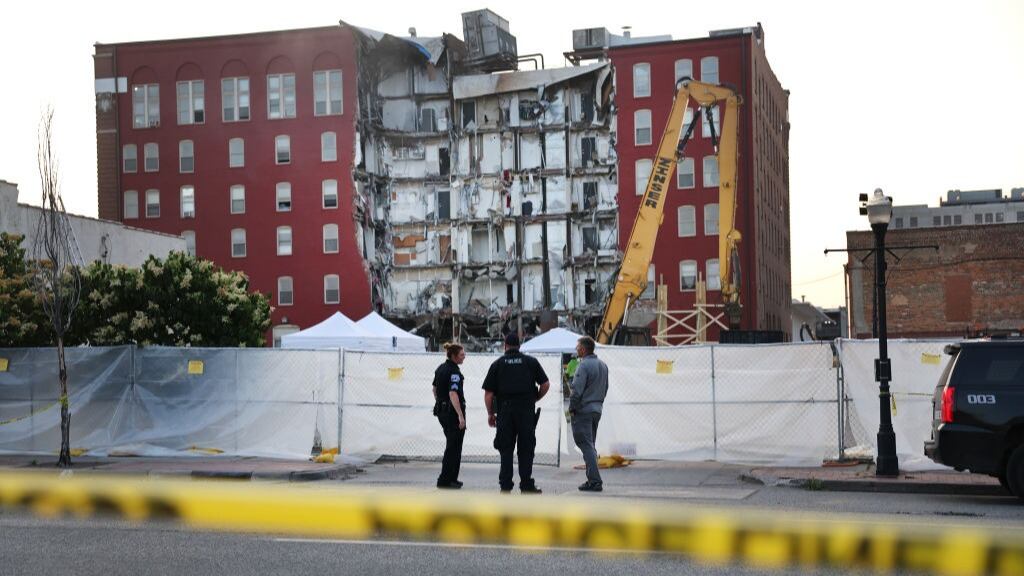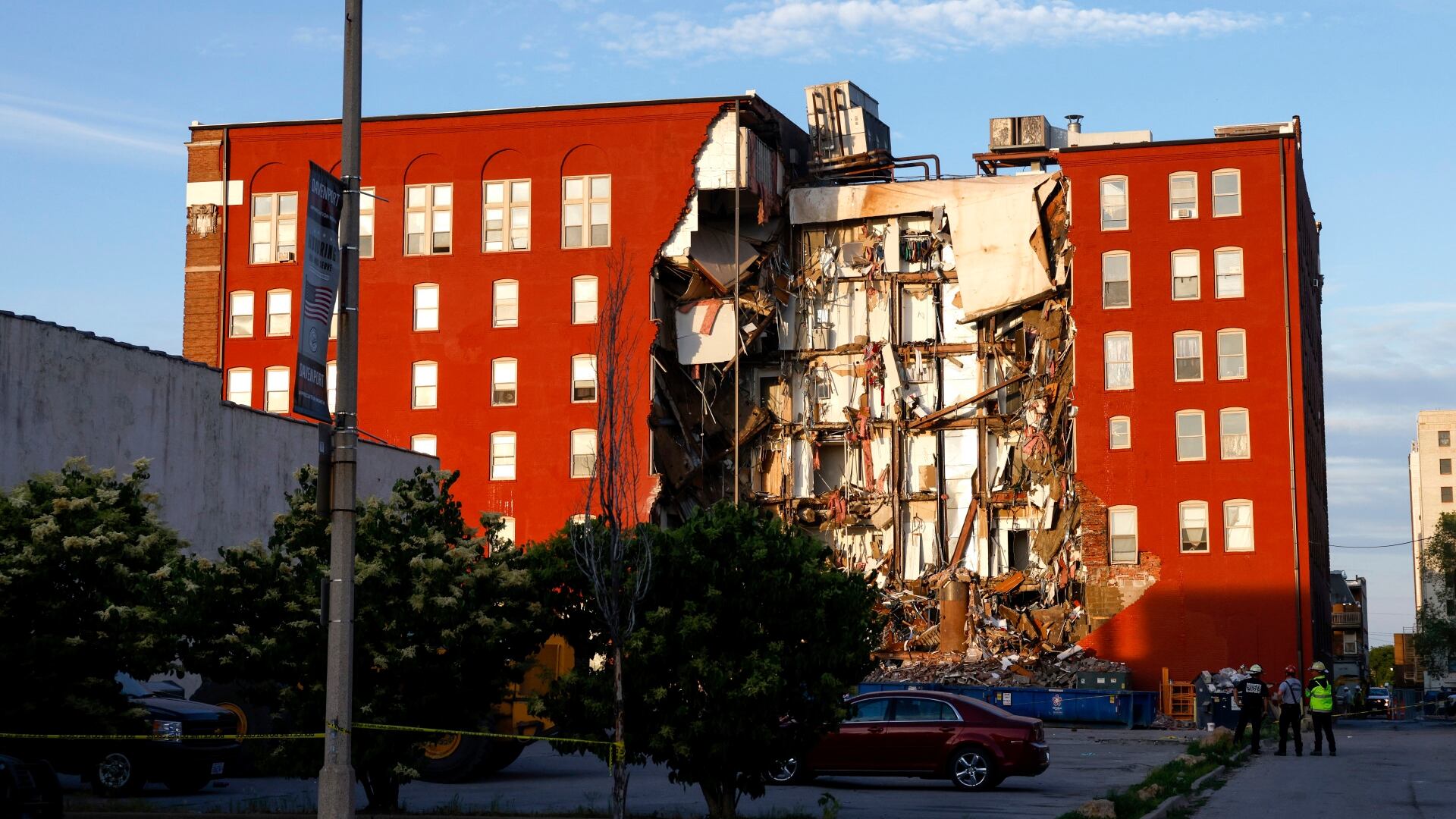By Lindsay Whitehurst
Homicides are declining in a cross-section of American cities, though their numbers remain higher than before the coronavirus pandemic took hold, according to a new report analyzing data from 30 U.S. cities.
Homicides on average dropped 9.4% during the first half of 2023 as compared to the same period last year, the nonpartisan Council on Criminal Justice found in a report released this week.
The numbers remained about 24% higher than they were in 2019, and motor vehicle thefts were up sharply in the analyzed cities.
“We’re seeing a continuing decline in homicides, but most cities are not back to levels that prevailed prior to the pandemic,” said Richard Rosenfeld, a professor of criminology and criminal justice at the University of Missouri-St. Louis and co-author of the report.
The report is based on crime data posed online by police departments in 37 cities of varying sizes around the country. Several of the nation's largest cities, including New York, Los Angeles and Chicago, are represented, but researchers didn't have immediate access to data for others, like Houston and San Diego. Of the cities that did post crime data online, 30 included homicide numbers and 20 of those showed declines.
While the analysis doesn't capture the entire country, it's another piece of evidence that U.S. crime rates overall are trending downward after a historic jump during the pandemic, said Jeff Asher, a crime analyst and consultant at AH Datalytics who wasn’t involved in producing the report. He maintains a crime database of murder rates in about 100 cities and has made similar findings.
“It’s been a widespread decline. It’s not everywhere, but it’s been widespread enough that it’s not simple randomness,” he said.
The homicide declines come after an increase in 2020 of 29%, according to FBI data. It was largest one-year jump since the agency's record-keeping began, though still below historic highs of the 1990s.
That increase came during the COVID-19 pandemic, which created huge social disruption and upended support systems. The rise in crime defied easy explanation, though experts pointed to several possible factors, including unprecedented pressures of the pandemic on both citizens and the police, gun violence, social unrest after high-profile incidents of police violence and deep economic turmoil.
FBI crime data, typically the country's most comprehensive, has pointed to violent crime rates beginning to level out in 2021, but the agency's most recent data was incomplete. Nearly 40% of agencies, including big cities like New York, Los Angeles and Miami, didn't send in their data for 2021 due to an overhaul in the FBI reporting system.













